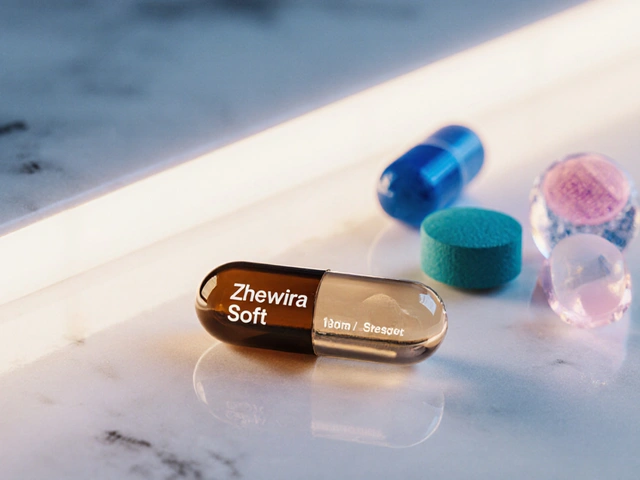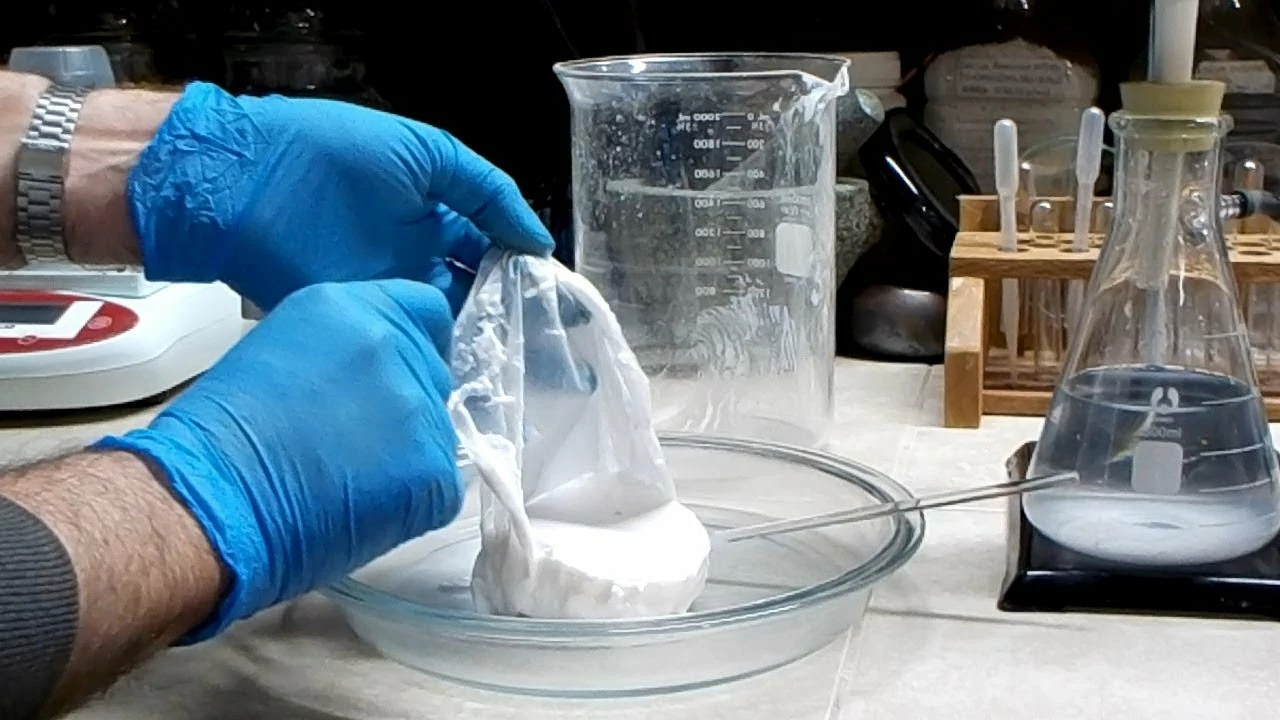Food safety: quick, real steps to keep meals safe
About 48 million people in the U.S. get sick from food each year. That sounds scary, but most cases are avoidable with a few simple habits. Below are clear, practical rules you can use every time you shop, cook, or store food.
Store and chill food properly
Keep your fridge at 40°F (4°C) or below and your freezer at 0°F (-18°C) or below. Put leftovers in the fridge within two hours of cooking — one hour if the room is hot. Cool large batches faster by dividing them into shallow containers before chilling.
Label leftovers with date and toss after 3–4 days. For pantry items, follow "use by" dates for safety and "best by" for quality. Don’t give honey to babies under 1 year old — it can carry spores that infants can’t handle.
Cook safe and avoid cross-contamination
Use a thermometer. Cook poultry to 165°F (74°C), ground meats to 160°F (71°C), and whole cuts of beef, pork, lamb, and fish to at least 145°F (63°C) with a 3-minute rest. Reheat leftovers to 165°F (74°C).
Raw juices spread bacteria. Keep raw meat, poultry, and seafood on the bottom shelf of the fridge and away from ready-to-eat foods. Use separate cutting boards for raw meat and produce, or wash boards and knives in hot soapy water between uses. Wash your hands for 20 seconds before and after handling food — yes, that long.
Thaw food safely: in the fridge, in cold water that’s changed every 30 minutes, or in the microwave if you’ll cook it immediately. Never thaw on the counter — the surface warms too fast and bacteria multiply.
Wash produce under running water. Scrub firm produce like melons and potatoes. Rinse leafy greens well, and be cautious with raw sprouts, which can carry bacteria even when rinsed.
Be careful with high‑risk foods: deli meats, soft cheeses, raw or undercooked eggs and seafood, and unpasteurized milk. People who are pregnant, older adults, young children, or immunocompromised should avoid these unless the food is heated to a safe temperature.
When using herbs or supplements, treat them like food and medicine. Some—like tansy—can be toxic in the wrong dose. Store supplements away from heat and light and read labels. If you take prescription meds, check for food interactions (grapefruit is a common one) before adding new supplements.
Buying food online? Choose reputable sellers, read reviews, and check shipping conditions for perishable items. For canned or preserved goods, inspect packaging for bulges, dents, or leaks — don’t use damaged cans.
Small habits add up. A clean cutting board, a quick thermometer check, and prompt refrigeration keep you safer than fancy gadgets. Start with these basics and your kitchen will stop being a risk and become a safe place to enjoy food.
Aluminium Hydroxide in Food: Is it Safe?
I recently came across a topic that caught my attention - Aluminium Hydroxide in food. As a health-conscious person, I found it essential to dig deeper and understand if it's safe for consumption. Aluminium Hydroxide is commonly used as an additive in many food items like cake mixes and processed cheese. While some studies claim it to be harmless, others link it to potential health risks like Alzheimer's disease. Therefore, it's crucial to be aware and make informed choices when it comes to the food we consume.
About
Nutrition and Supplements
Latest Posts


Coping with a Duchenne Muscular Dystrophy Diagnosis: Tips for Parents
By Marcel Kornblum Jul 26, 2023

How Insurer-Pharmacy Negotiations Set Generic Drug Prices
By Marcel Kornblum Nov 17, 2025

Zhewitra Soft (Vardenafil) vs Other ED Drugs: Which Is Best?
By Marcel Kornblum Oct 12, 2025

